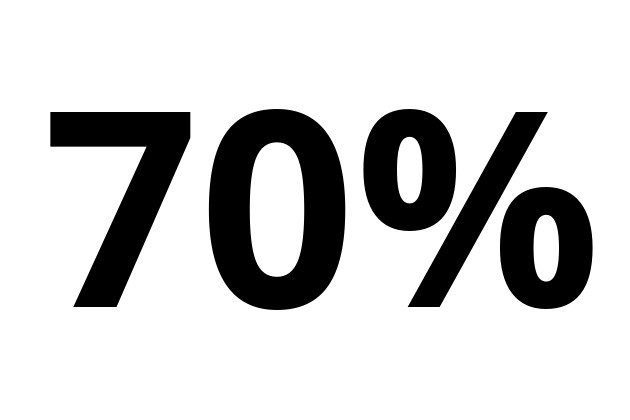70% of respondents in the survey, carried out every two years by the FNR, said they trust science and research. This was up from 67% in the previous edition of the poll. Within this group, the number of people who said they “absolutely trust” science rose from 14% to 20%.
People with secondary or higher education qualifications trusted science more than those of a lower educational background.
Nearly two thirds of respondents said they are interested in science and research, the higher result in this survey so far. In 2013, only 43% of respondents said they are interested in science.
As the pandemic has placed science in the spotlight, 83% of survey respondents agreed that the knowledge of scientists is important to slow down the spread of the coronavirus in Luxembourg.
Around three quarters said political decision should be based on scientific evidence and that scientists should participate in political debates on the virus. More than half (54%) said scientific research has contributed to a better management of the pandemic in Luxembourg.
“People increasingly agree that research has an impact on our social, economic and personal lives. What also pleases us is that people are positive about the contribution of Luxembourg research in overcoming the pandemic,” said Marc Schiltz, the FNR’s secretary general.
The covid-19 task force--a group of scientists from Luxembourg’s public research institutions--has been advising the government, publishing weekly forecasts on the virus’ progression as well as trying to predict the impact of the country’s re-opening using modelling.
Scientists have also been carrying out wastewater analyses to detect virus traces and studying immunity and the long-term health impact of a coronavirus infection, among other research projects linked to the pandemic.
